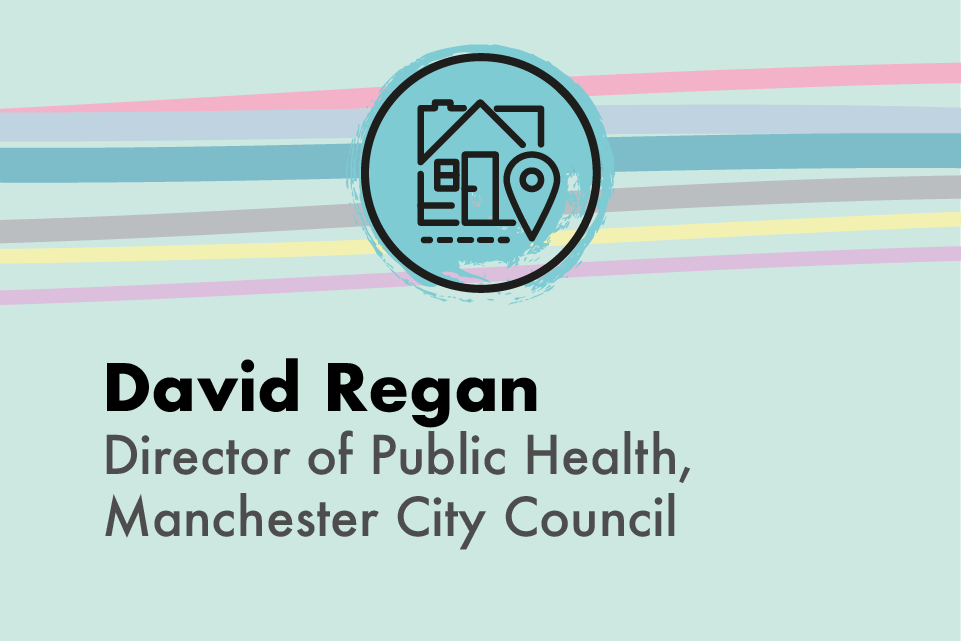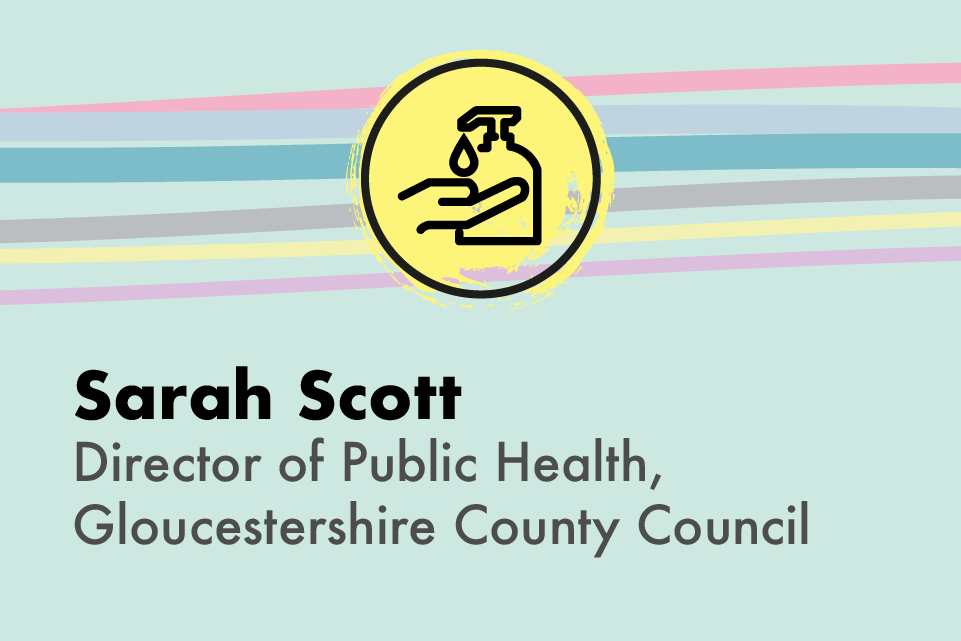An interview with Dr Sandra Husbands, Director of Public Health, Hackney Council and City of London Corporation
This is part of a series of interviews with public health directors, published on 8 December 2020.
For Hackney and City Director of Public Health Dr Sandra Husbands looking back at the first wave can be quite distressing. “It upsets me thinking about it. We had one of the highest mortality rates in the country – the numbers kept going up and yet there was little we could do about it. We had so few levers we could pull.
“The focus was on protecting the NHS, but I do wonder now whether we should also have been placing more emphasis on saving lives too.”
First wave was ‘so frustrating’
Dr Husbands believes a combination of deprivation, a large minority ethnic population and having lots of people working in public facing jobs like bus drivers and security guards left the people of the borough vulnerable.
“All we could really do was focus on communication with our communities – we did not have the power or resources to tackle the spread as everything was being controlled centrally and we had so little data. As a director of public health, that was so frustrating.
“We have a large orthodox Jewish community – and there were quite significant numbers of deaths being seen. They don’t watch TV or use the internet. They are quite cut off.
“There is an assumption in Whitehall that all you have to do is to issue information and instructions from Westminster and go on the 10 o’clock news and the message will be out there. So we have spent a lot of time translating what they are saying – and I don’t just mean into different languages.
“We set up a forum with community leaders from the Orthodox Jewish community to work with them and make sure the key messages about staying at home, social distancing and getting a test if you have symptoms were properly understood.”
How local contact tracing is having an impact
Dr Husbands said that close working with the community has continued into the second wave, but she is finally beginning to feel she has the power and tools to have an impact on the spread of the virus.
“We have many more levers to pull. I was quite resistant about being involved with local contact tracing until it was properly resourced and linked to the national system. That has now happened and it has been a really good opportunity.
“We got it running at the end of September and has allowed us to link contact tracing with welfare support, which is helping create a better system to encourage people who are self-isolating.
Prior to launching the local contact tracing, the national service was reaching around 70 per cent of positive cases, but that has now risen to over 90 per cent. “It shows the strength of involving councils,” Dr Husbands added.
She believes it will have a “lasting legacy” as well. “We have linked the contact centre with wider support that is available locally – both from the council and via the voluntary sector. That will be of use long after the pandemic has ended.”
‘Be careful about the buzz around rapid testing’
Dr Husbands said she was also interested in exploring the potential of the lateral flow tests that are now being made available to councils. “I’m looking at how we can use them in homeless hostels and in adult social care beyond the care homes that are part of the national programme.
“There is a lot of buzz around this at the moment – but I think we have to be careful. It is not as clear-cut as many assume.
“We also want to do more on looking at why people are not self-isolating. We have a behavioural insights team that I have asked to look at this. Finances are clearly a big issue and credit must go to the government for the £500 isolation payments that are now available.
“But I think it goes beyond that. There will be other reasons. It could be childcare, other caring responsibilities or concern about job security – some will have already isolated before and they may fear their jobs could be under threat if they do it again. Getting to the bottom of that will help with the targeted rapid testing – after all you need people to be prepared to come forward in the first place to make the testing work.”
‘We are at a crucial point’
However, Dr Husbands immediate priority is making a success of the tiers and navigating Hackney through Christmas.
“We are at a crucial point. I welcome the tiers. The measures are tough and I know some feel they should not have been applied to the whole of London, but I don’t see how we could have just introduced tougher restrictions in areas like Hackney and had more relaxed ones elsewhere in the capital. People travel around. It would not have worked.”
Meanwhile, on Christmas Dr Husbands is urging caution. “We have to be careful about the messaging around Christmas. We want to get people thinking carefully about what they want to do and how they can manage the risk.
“But it is an opportunity for people to see family – and many welcome that. I know people have tried to make something of the fact that it has been done for Christmas but not for other faiths.
“Hackney is a very diverse area – and I can honestly say I don’t think this is much of an issue at all. It is a national holiday, people have time off and see family and give presents regardless of their faith. Of course, it is going to be different this year – I just hope we can make it as safe as possible.”



